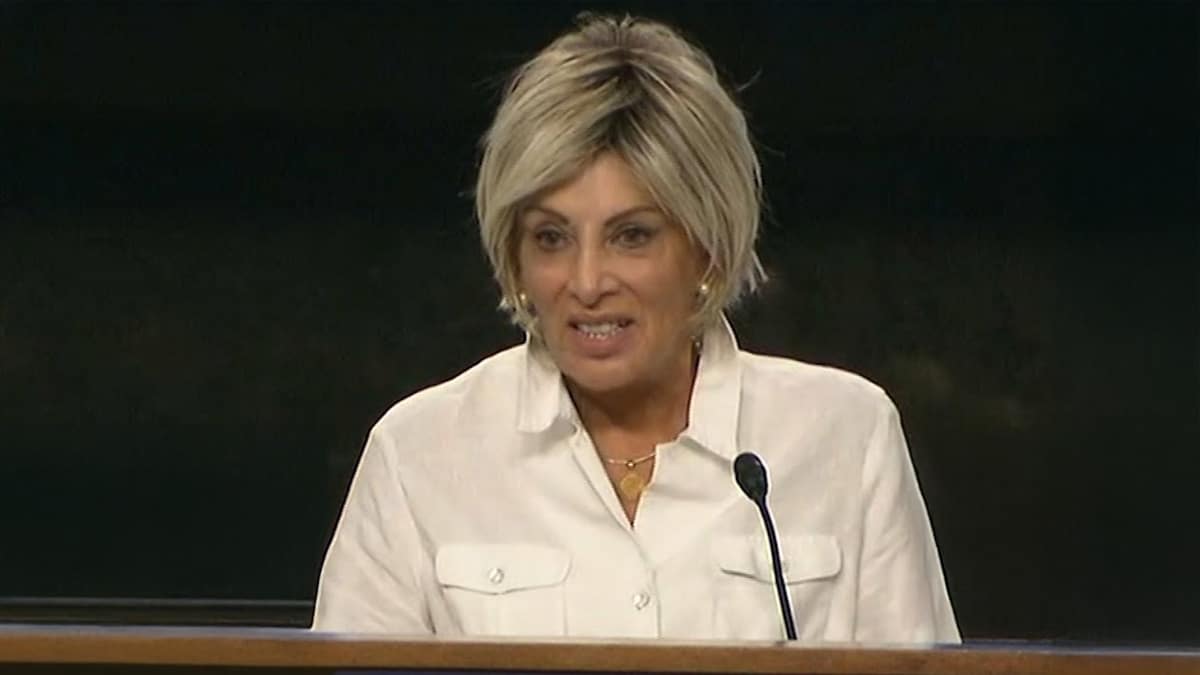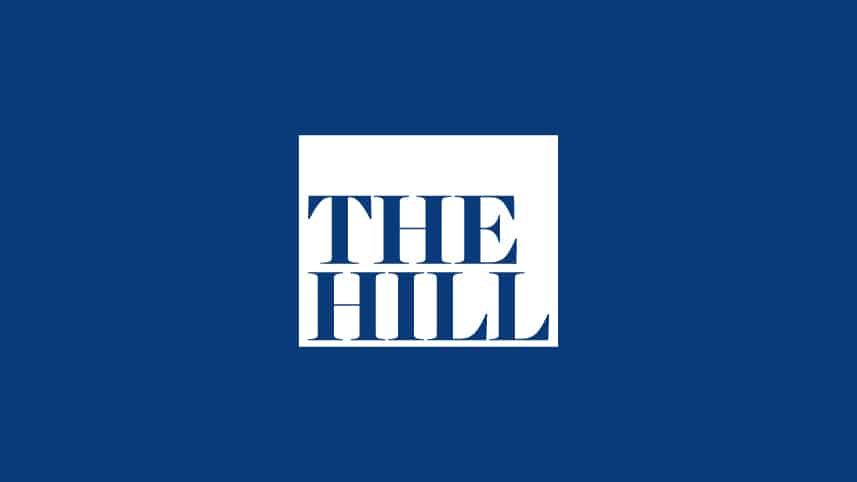Privacy Act Victory: Linda Tripp’s Fight Against Government Overreach
Linda Tripp, a central figure in the Clinton impeachment scandal, successfully sued the Department of Defense under the Privacy Act for retaliating against her by leaking private information after she blew the whistle on President Clinton’s affair with Monica Lewinsky.

Overview
Linda Tripp gained notoriety for her role in the impeachment proceedings against President Bill Clinton. Tripp secretly recorded conversations with Monica Lewinsky a White House intern, who disclosed her affair with the President.
These tapes became crucial evidence in the impeachment investigation.
After the scandal, Tripp alleged that the DOD retaliated against her by leaking private information to the press. This included details about a past arrest from her teenage years and her application for a job at the DOD’s Marshall Center in Germany. Tripp claimed these disclosures were intended to discredit her and damage her reputation.
Legal Actions
Tripp filed three lawsuits against the DOD, alleging violations of the Privacy Act of 1974. This Act prohibits government agencies from releasing personal information about individuals without their consent. Tripp argued that the DOD’s actions directly violated this law and caused her significant harm.
On the other hand, the DOD maintained that the information released was not covered by the Privacy Act or that its release was justified. The case proceeded through the legal system for four years, with Tripp seeking financial compensation and accountability from the DOD.
Outcome and Analysis
In defense of her Constitutional Rights, Kohn, Kohn & Colapinto obtained a settlement in her Privacy Act lawsuit with the Federal Government.
The DOD agreed to pay Tripp $595,000 and provide other benefits, including a retroactive increase in her pay grade. While the settlement avoided a court ruling on the merits of Tripp’s claims, it signified a recognition by the DOD that its actions may have violated the Privacy Act.
Linda Tripp’s case raises important questions about the balance between individual privacy and public interest. The public has a right to know about government activities, and employees also have a right to privacy regarding their personal information.
The Privacy Act provides crucial protection for individuals against unauthorized disclosure of their personal information by government agencies.
Federal Whistleblowers: Use the Privacy Act
As federal employees, it’s important to be aware of the Privacy Act of 1974 and its role in protecting against retaliation. By understanding and using this Act, you can take proactive steps to safeguard your rights.
This Act prevents the unauthorized disclosure of personal information held by federal agencies. This includes information that could be used to identify an individual, such as their name, social security number, medical records, or employment history.
When whistleblowers report wrongdoing, they often become targets for retaliation, such as in the case of Linda Tripp. Employers might try to discredit them by leaking damaging personal information to the media or using it in other ways to harm their reputation or career. The Privacy Act can help protect against this.
Filing a Complaint
If your personal information is leaked, as a whistleblower, remember you have rights under the Privacy Act. You can file a complaint with your agency and potentially pursue legal action. This could lead to financial compensation for lost wages, emotional distress, and legal fees, providing some relief in a difficult situation.
KKC has represented whistleblowers since 1986. Federal employees who believe they were retaliated against for exposing fraud, waste, or power abuse must learn their rights. Contact one of our whistleblower retaliation attorneys for a confidential case review.
Related Case Media

Published on April 8, 2020

Published on October 1, 2019

Published on July 24, 2018
